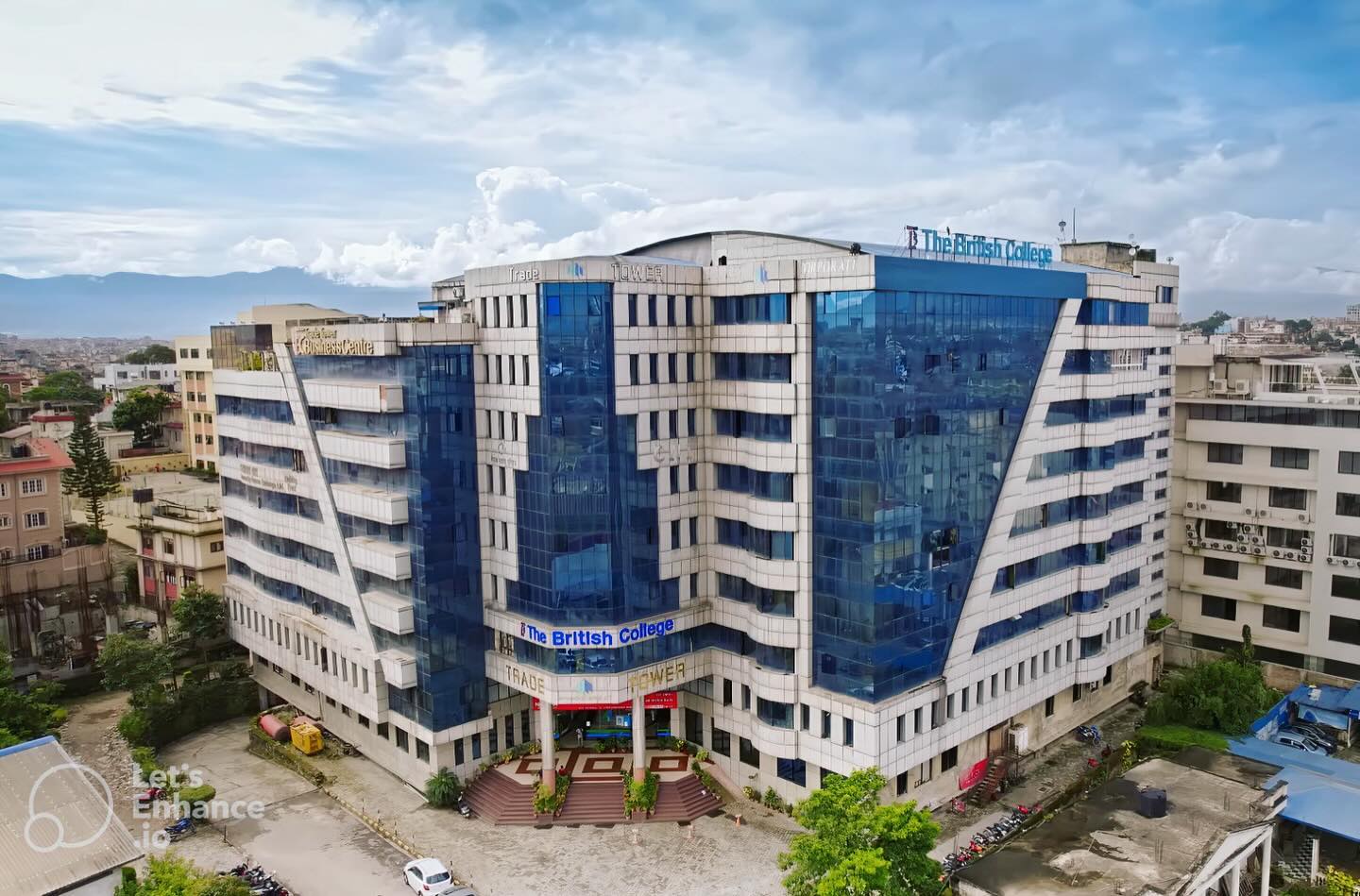Daylight Robbery in Nepal’s Stock Market? Regulators Under Fire Over Trade Tower IPO

When Trade Tower Limited launched its Initial Public Offering (IPO) in July, ordinary Nepali investors rushed in, pouring millions of rupees into what they thought was a promising business opportunity. But just weeks later, the company finds itself at the center of one of Nepal’s most sensational financial scandals in recent memory, raising uncomfortable questions about how such a troubled company managed to secure approval from the country’s stock market regulator, the Nepal Securities Board (SEBON).
At the heart of the controversy is Trade Tower’s chairman, Shivhari Dangal, who faces serious allegations of financial misconduct. Property owners Mukundamani and Murahari Aryal accuse Dangal of misappropriating NPR 390 million (roughly USD 3 million) during a 2018 lease agreement for Hotel Crystal, a property in Kathmandu. According to their claim, while the contract set the value at NPR 390 million, no clear payment timeline was defined. They allege that Dangal took possession of the property in 2020 without paying them and, instead, between December 2018 and January 2019, issued 44 bearer checks which were allegedly cashed into his own and associates’ accounts. The case is under police and judicial review, but the scandal only deepened when, despite these unresolved charges, Trade Tower was allowed to go public.
Financial data makes the story even murkier. While revenues grew by 75% last year, the company’s expenses tripled, driving profits down by a staggering 99.38% — from NPR 21.3 million to just NPR 130,000. Earnings per share crashed to NPR 0.02, while liabilities soared to NPR 295 million against assets of only NPR 170 million. In plain terms: a company drowning in debt, losing profitability, and embroiled in fraud allegations was given the green light to collect millions directly from ordinary investors through an IPO.
Critics argue this could not have happened without collusion at the highest levels. “Such a company should never have been allowed to issue shares to the public. SEBON cannot wash its hands — this is a regulatory failure at best, and outright complicity at worst,” says one financial analyst who has followed the case closely. Investors are furious, flooding social media with accusations that the board has betrayed their trust. For them, this is not just a story of one company’s misconduct, but evidence of systemic rot in Nepal’s financial governance.
Dangal, for his part, insists that the NPR 390 million dispute is not directly tied to the lease agreement and has declined further comment, citing ongoing legal proceedings. SEBON has yet to issue a detailed response, leaving the public to speculate whether the regulator turned a blind eye or actively shielded a company with powerful connections.
Meanwhile, operational cracks are already showing. Trade Tower’s flagship property in Thapathali relies heavily on rental income, but one of its anchor tenants, NIC Asia Bank, recently relocated its headquarters, raising questions about future revenue. Its hotel arm, Hotel Crystal, is running only half of its rooms. And the company’s prized asset — the Thapathali Trade Tower itself — sits on leased land from Nepal Food Corporation that reverts to state ownership when the lease expires in 2098 (2041 CE).
To many, the conclusion is obvious: this IPO was less about business growth and more about raising easy money from the public, with regulators either complicit or criminally negligent. For ordinary investors who bought shares in good faith, it feels like a daylight heist, carried out not by shadowy criminals but under the full protection of Nepal’s own stock market watchdog.
This scandal leaves the country with a stark question: is Nepal’s stock market a safe place for investment, or has it become a playground for politically connected businessmen, sanctioned by regulators meant to protect the public? Until SEBON and the government answer this, investor confidence in Nepal’s fragile financial system may be permanently shaken.
Trade Tower



![From Kathmandu to the World: How Excel Students Are Winning Big [Admission Open]](https://nepalaaja.com/img/70194/medium/excel-college-info-eng-nep-2342.jpg)
